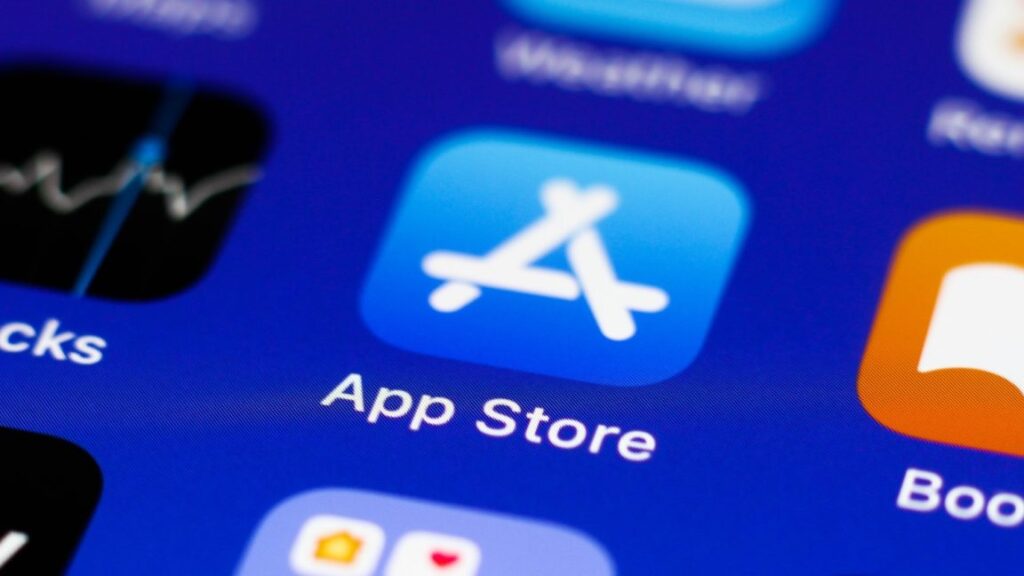Apps like Kindle are already taking advantage of court-mandated iOS App Store changes

Last week, a federal judge ruled that Apple was in “willful violation” of a court injunction that required the company to refrain from “anticompetitive conduct and anticompetitive pricing” in its tightly controlled iOS App Store. Part of the ongoing litigation between Epic Games and Apple, the injunction specifically forbade Apple from “denying developers the ability to communicate with, and direct purchasers to, other purchasing mechanisms.”
Following the ruling, Apple said it would comply with the court’s injunction while the company continued to appeal the decision. The day after the ruling was handed down, Apple altered several of its App Review Guidelines to grant developers permission to do things they hadn’t been allowed to do before. As summarized in an email to developers, reported by MacRumors:
3.1.1: Apps on the United States storefront are not prohibited from including buttons, external links, or other calls to action when allowing users to browse NFT collections owned by others.
3.1.1(a): On the United States storefront, there is no prohibition on an app including buttons, external links, or other calls to action, and no entitlement is required to do so.
3.1.3: The prohibition on encouraging users to use a purchasing method other than in-app purchase does not apply on the United States storefront.
3.1.3(a): The External Link Account entitlement is not required for apps on the United States storefront to include buttons, external links, or other calls to action.
We’re already beginning to see new versions of apps that take advantage of these changes. Case in point: Amazon’s Kindle app for iPhones and iPads, which from its original launch in 2009 up until yesterday wouldn’t actually let anyone buy books in the app. Users instead needed to navigate on their own to Amazon’s store in Safari or on their PC and Mac and buy the books they wanted, at which point the books would be available in the Kindle app.



